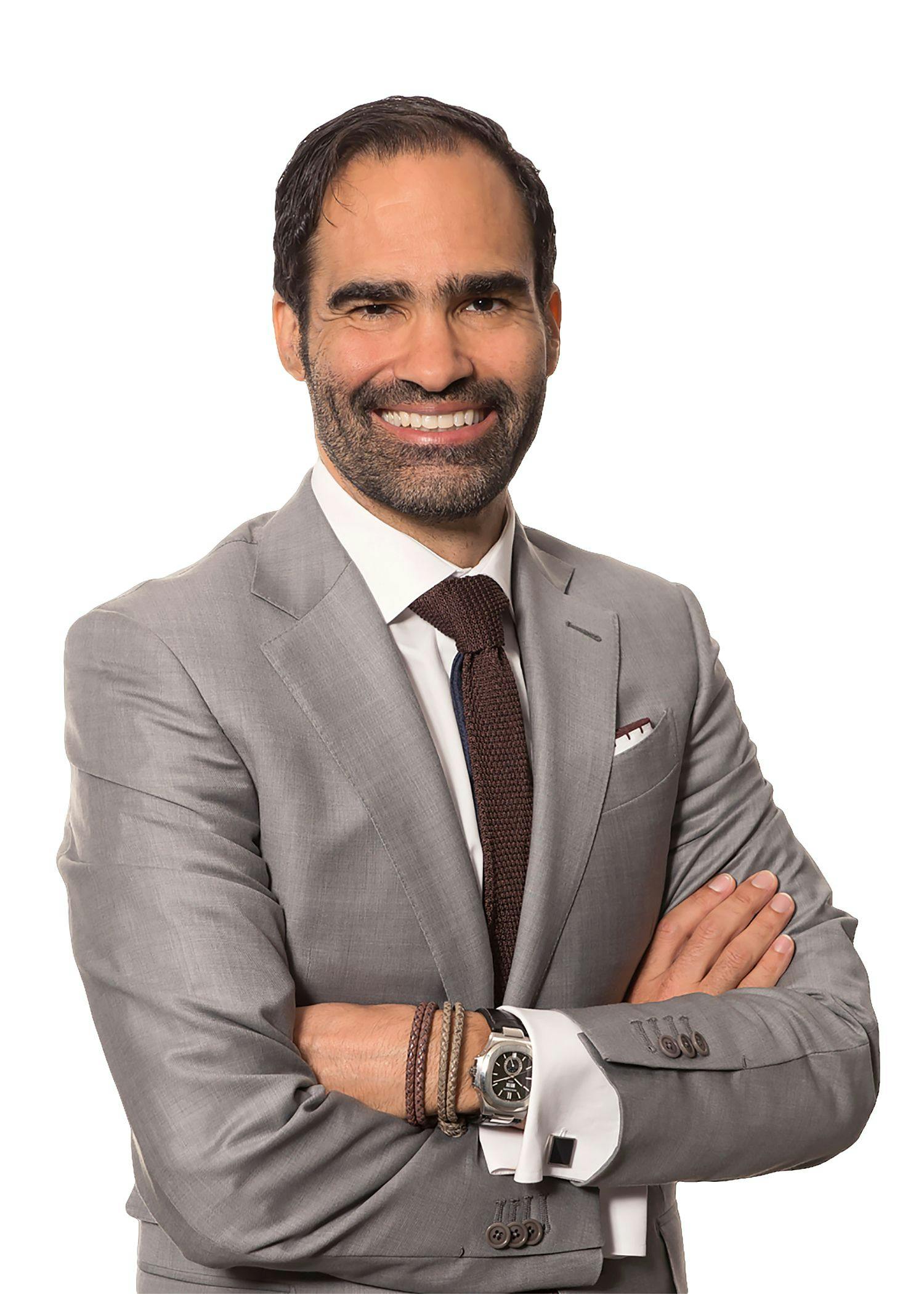Consider this situation, which most of you have experienced. You buy something, and after a while, you realize there’s a defect. You go back to the store because you want to return it, but the staff politely declines. They may even suggest that you did something wrong. Sound familiar? It's an issue that can happen in any product category. Sure, it's annoying when it happens with a cheap product, but you move past it quickly. It simply isn't worth worrying about an inexpensive item. But when it comes to luxury, it’s a different story. We bought the brand because of the extreme value it had created for us. It was a dream come true. The moment we made the purchase, we felt special. We proudly carried the shopping bag, showed it off to our best friends, and using it made us feel like a princess or prince. It made our hearts beat faster. We fell in love.
Then we find a defect, so we want to return it and get a replacement item. We trust the brand and are sure they’ll return our love. We go to the store, anticipating we will be welcomed. But they say “no.” They don’t take us seriously, and they break our trust — in essence, they break our love. Therefore, our reaction isn’t neutral. After all, we were just broken up with! We will get upset, share our anger, and make a commitment to never buy from that brand again.
Now imagine another situation. You buy a watch. You come back to the jewelry store and find out that the price has been lowered by several thousands of dollars. You talk to the staff, and they tell you the brand felt it was overpriced, so they corrected the price by making it lower. How do you feel?
Here’s another: You’re in a hotel. You booked what was supposed to be the trip of a lifetime in a place you've dreamt of visiting ever since you were a child. You waited for this moment for years, and now that you're here, everything looks just like your dream. But the front desk staff couldn't care less. They don’t pay attention to you, they ignore your request, and instead of helping you create memories, they offer you so-so service. How do you feel?
I recently predicted up to 50 percent of luxury brands won’t make it through the pandemic and its aftermath. Why? Because of situations like the ones I described above, not because of the virus. The virus is merely acting as an accelerator, confronting brands with their own shortcomings. It will be used as an excuse, but brands need to be brutally honest and ask themselves if they ever truly valued their relationships with their customers and ever really delivered on their promises.
Are they simply focused on selling products at high prices and hoping to get away with it? Or are they customer-centric, creating extreme value for their customers that offers them lasting memories, makes a higher price worth it to them, and keeps them coming back for more?
The brands that put customer relationship management at the center of what they do and can create extreme value will come out of the pandemic stronger than ever. They will win more hearts, grow faster, and become more profitable as their popularity will lead to organic price increases.
The best customers of the best luxury brands collect their wares — many have hundreds of their favorite brand’s dresses or handbags. One of my neighbors has a Porsche 911 Turbo from every generation since its first model. They show their love, but they’re only invested in the relationship as long as the love is returned and as long as they feel part of the “family.” If brands start ignoring them, the effect will be catastrophic.
What does that mean brands should do? In order to be as consumer-centric as possible, brands must think differently and shift their focus away from product-centricity and toward a holistic customer journey in which every detail is mapped, strategized, and constantly evaluated. What happens after the purchase is as important as what happens during the purchase. This means moving away from transactional thinking and instead prioritizing relationship management.
But strict planning doesn’t mean customer interactions must be scripted or “mechanical.” Instead, customer management is a critical enabler toward achieving excellence. Without it, everything is random. And when things are random, a brand can’t build systematic brand equity building. It’s that simple.
While this sounds intuitive and logical, more than 90 percent of audited brands have significant issues with experience creation during their customer journeys. Few brands think through these journeys end to end and over long periods. A luxury customer may not come back to purchase, say, another watch, for several years. But when he or she does come back, their choice will very much depend on how well they were treated after their purchase.
So how can you plan, map, and manage your brand’s customer journey? How do you ensure that every experience is a memory for your customers? And even more important, how do you guarantee that every experience is a branded memory? Do you have enough clarity on your brand positioning? Does your staff have that clarity? These are the questions you need to deeply reflect upon because they will determine if your brand even exists in a few years.
Disruption will continue. Digital journeys will only become more important, even though they already determine the future of brands today. And as most brands struggle to deliver value via the physical journey, deficits in their digital journeys will be even more concerning. Most brands simply aren’t future-ready.
This is great news for brands that did their homework. The ones with clear strategies, value creation models, rational and inspirational brand positions, purposeful and relevant storytelling, and meticulously planned customer journeys (both physical and digital) will emerge from this crisis significantly stronger. Their customers will stay in love. For the others, it will be breakup time.
Daniel Langer is CEO of the luxury, lifestyle and consumer brand strategy firm Équité, and the professor of luxury strategy and extreme value creation at Pepperdine University in Malibu, California. He consults some of the leading luxury brands in the world, is the author of several luxury management books, a global keynote speaker, and holds luxury masterclasses in Europe, the USA, and Asia. Follow @drlanger


